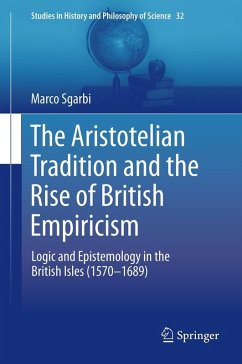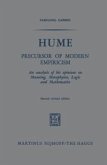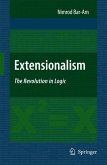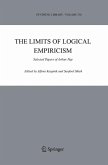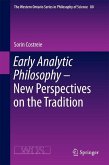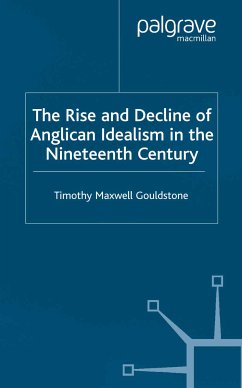Dieser Download kann aus rechtlichen Gründen nur mit Rechnungsadresse in A, B, BG, CY, CZ, D, DK, EW, E, FIN, F, GR, HR, H, IRL, I, LT, L, LR, M, NL, PL, P, R, S, SLO, SK ausgeliefert werden.
"Marco Sgarbi offers a detailed examination of the epistemology and methodologies propounded by the logic textbooks in use at both Oxford and Cambridge ... . Sgarbi has done sterling work in surveying the neglected logic texts of the period. The great value of his study is its detailed examination of these humble textbooks and his demonstration of their value as a source in the history of philosophy. For that reason it will be a valuable point of reference for all historians of early modern philosophy." (Sarah Hutton, Intellectual History Review, October, 2013)
"Sgarbi, who has read the works of Ricardo Pozzo carefully, has written a book with a title that will command immediate attention from a wide range of historians and philosophers of early modern science. ... Sgarbi's energetic researches have produced a fairly thorough work in which nearly every printed English logic textbook is dealt with. ... The book will be very welcome as introducing a necessary and very helpful nuancing to the views of the development of empiricism ... ." (Daniel C. Anderson, Journal of Early Modern Studies, Vol. 2 (2), 2013)

